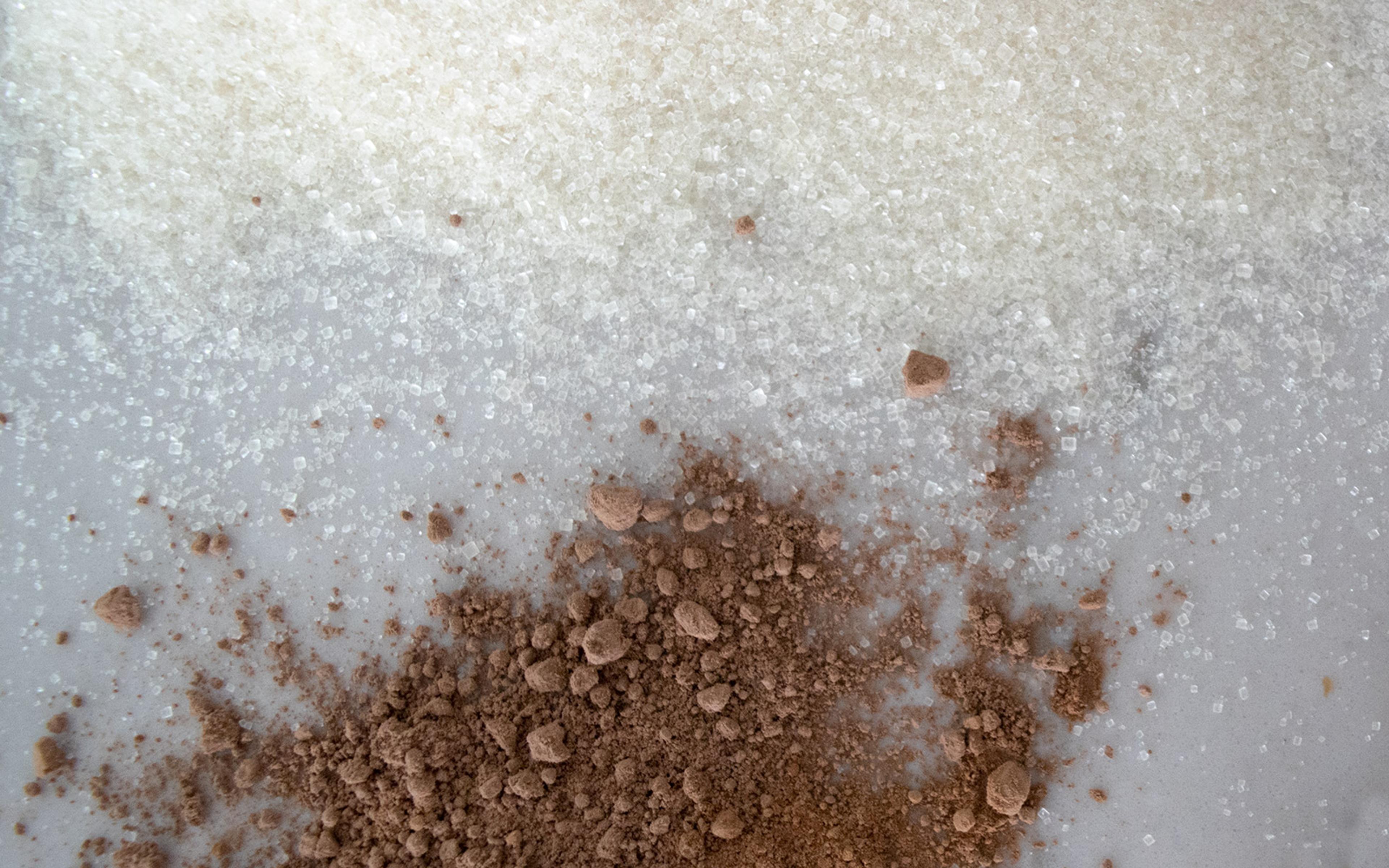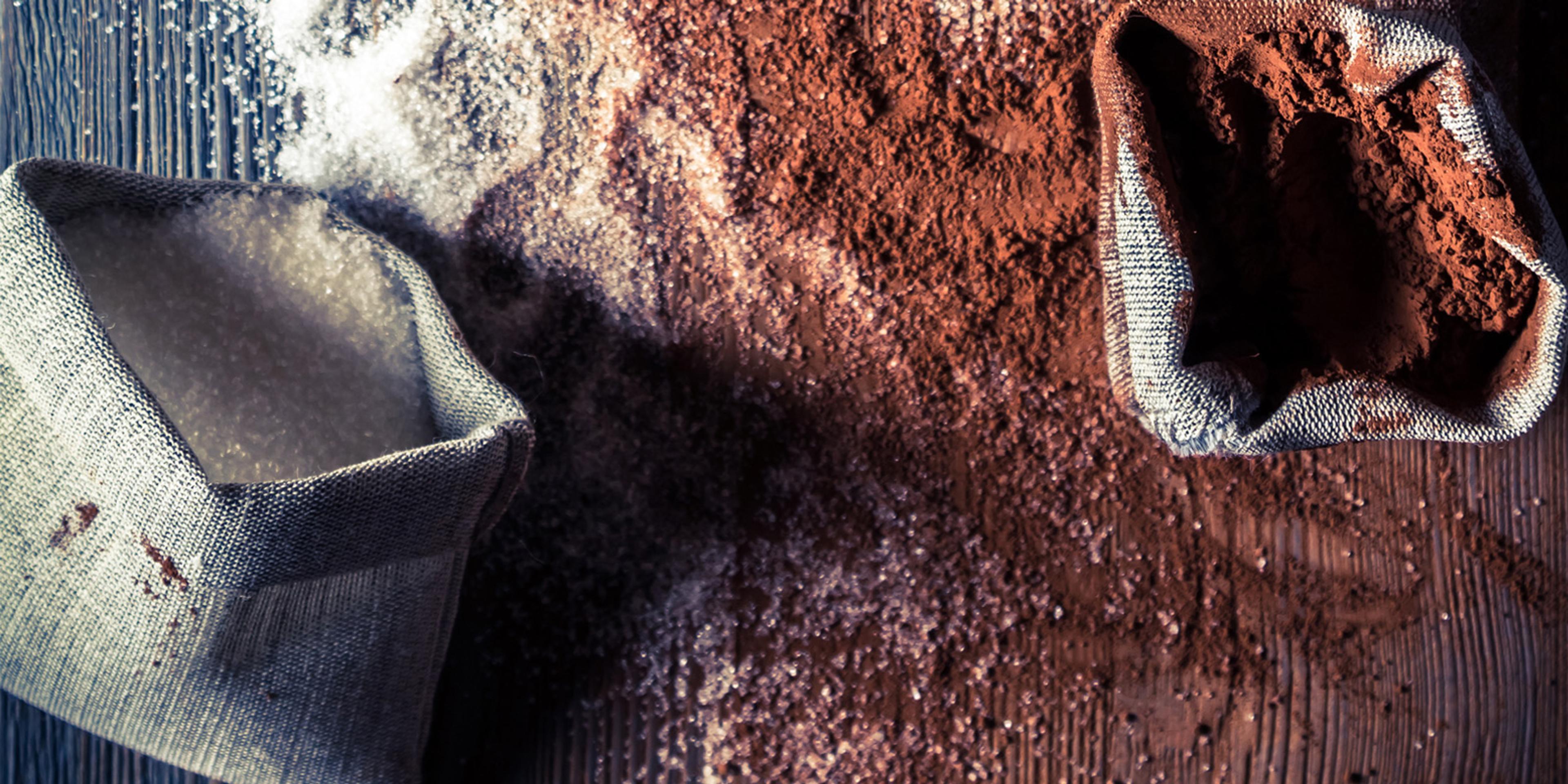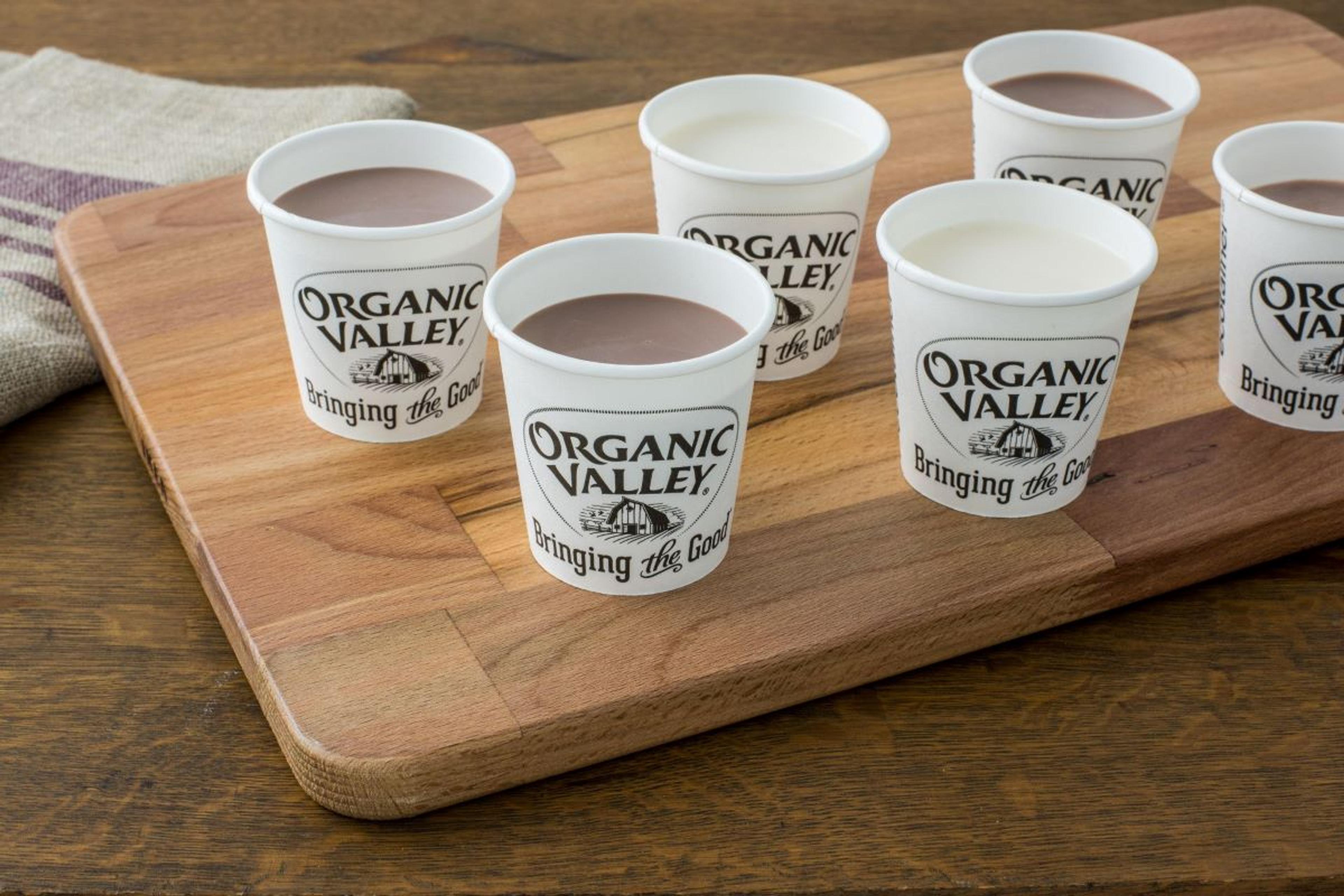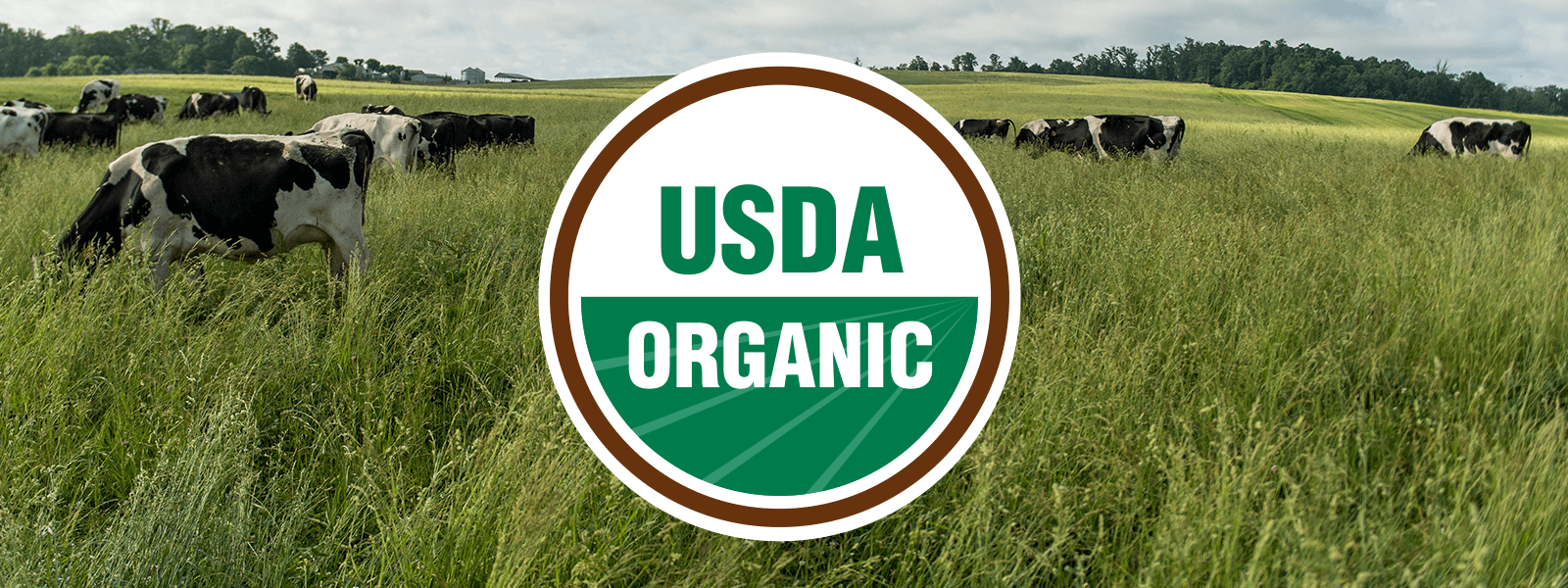
Food
The Nitty Gritty on Fair Food—Why Fair Trade Matters
“Socially responsible,” “sustainable,” “environmentally-friendly,” “green,” “regenerative”... The list of eco-buzzwords in today’s food and agriculture sector is long. By now, many people are aware of the weight that USDA Certified Organic carries (no antibiotics, synthetic hormones, toxic pesticides, or GMOs, for starters) but there’s another label that indicates social and environmental sustainability in a similar manner that’s worth examining closely: Fair Trade.
Here at Organic Valley, we believe it’s critical to ensure the people who provide the food that goes into our packages receive a fair wage and aren’t subjected to harmful farming practices. We do this in our business every day—the very mission of our cooperative is to pay our members fairly for their milk, meat and produce!
We currently source our cocoa powder, sugar, vanilla and nutmeg from fair trade sources. So what does fair trade mean, and why does it matter? Let’s dive in!
What Is Fair Trade?
Fair trade certification is an independent certification that supports income sustainability, community and individual well-being, worker empowerment, and environmental stewardship. And it really does mean exactly what it sounds like it should. Fair trade ensures fair compensation in exchange for goods—fair prices, wages and working conditions on the farms and in the factories that produce a given product.
Fair trade certification includes requirements around worker’s rights, fair labor practices and responsible land management. Although it doesn’t have specific requirements for animal welfare the way organic standards do, the philosophy is if a farm receives a fair price for their products, they will have more financial ability to dedicate resources to ensuring their animals are well cared for too.
Additionally, even though consumers typically think of international producers and artisans in conjunction with the term fair trade, it’s important to look for fair trade labels on domestic products too. The U.S. commodity market system is unfair to U.S. farmers, and producers here at home also deserve to be paid fairly for their hard work. Purchasing domestic fair trade items is another way to know more of your dollar is going to benefit U.S. or North American farmers and artisans.
The organization Fair Trade USA, for instance, began certifying domestic farms a few years ago in an effort to improve conditions for agricultural workers here in the United States. Food Justice Certified is another U.S.-based program with high standards for fair labor, developed by farmers, farmworkers and other stakeholders.

Fair Trade ingredients include cocoa powder and cane sugar.
How can you ensure an item is actually fair trade?
There are a number of fair trade certifiers working with slightly different standards—although all with the same overarching mission of making fair trade products available everywhere. Unlike organic standards, which are legally enforceable under the USDA’s National Organic Program, there are no legally enforceable standards for fair trade products. But that doesn’t mean they aren’t trustworthy—most are.
There are currently three main types of fair trade validation:
- Third-party inspection and certification, where field inspections of growing, processing and trading are done. This is the way organizations like Fairtrade International, Fair Trade USA, and Food Justice Certified operate.
- Membership organizations, who review an applicant’s practices and check trade references, but generally don’t verify claims in-person. This includes organizations like Fair Trade Federation and World Fair Trade Organization.
- Major brands develop in-house fair trade programs and work with a third party to certify them, like Whole Foods’ Whole Trade program.
Third-party inspection is the most rigorous of the certifications, and organizations that operate under this validation are most likely to uphold strong fair trade standards. When it comes to membership organizations that rely on a review process, the lack of review from an objective third party means there’s a risk for conflicts of interest that could sway the review results.

Organic Valley Chocolate Milk uses fair trade ingredients.
What are other ways to know that products are being fairly traded?
Not all products can be fair trade certified, sometimes for reasons that may have nothing to do with production practices. On top of that, cost is a big factor. There are, however, other qualities that can tell you if the food you’re eating was produced with fair values in mind.
Organic is one good way to gauge fairly traded foods. Americans spend $50 billion on organic products annually, and more of those dollars go back to organic farmers, which are then spent in their local communities.
In fact, “hot spots” where there’s a high density of organic farms have more job and economic growth, higher average household incomes, and reduced poverty levels. These statistics illustrate, in no uncertain terms, that producers within the organic industry are being paid fairly for their goods.
Choosing products from farmer-owned cooperatives (like us!) can also ensure farmers are being treated fairly—because they own the business!
Both of the above are true for Organic Valley. As an organization, we are not fair trade certified because our rigorous organic certification and farmer-owned status already ensure equitable values. But we do purchase certain ingredients from fair trade certified sources. You can rest easy knowing that anything you purchase from Organic Valley comes from farmers who were paid fairly and have a say in their future—because the foundational mission of our farmer-owned business is to provide our farmers with a fair and stable pay price.
Why does it matter for ingredients that aren’t used in large quantities to be fair trade?
Our fair-trade-sourced ingredients—organic cocoa powder, sugar, vanilla and nutmeg—don’t account for much volume in an individual product, but the scale on which we purchase them makes a difference for the people we source from, and for their local environments and economies as well. We're proud to support a more equitable food and farming system worldwide.
Even if you’re only using a teaspoon of vanilla here and a quarter cup of cocoa powder there in your own kitchen, it’s worth considering where these ingredients come from and how they’re being procured. The positive impacts of fair trade—and fair business practices like cooperative principles—here at home and around the world are real and meaningful.
Organic Valley Products Using Fair Trade Ingredients
All Organic Valley products are produced with the farmers and ingredient producers in mind. Our cooperative farmer-members receive a stable and sustainable pay price that is set by our board of directors, which is also made up of farmers. We also strive to purchase our other ingredients from fair trade sources when possible because we believe farmers everywhere deserve to be paid fairly for their hard work.
Here are the Organic Valley products that use fair trade ingredients. Thank you for supporting our cooperative and farmers elsewhere through your purchase of these products!
Related Articles
- Tags:
- social justice,
- farm labor,
- food labeling

















